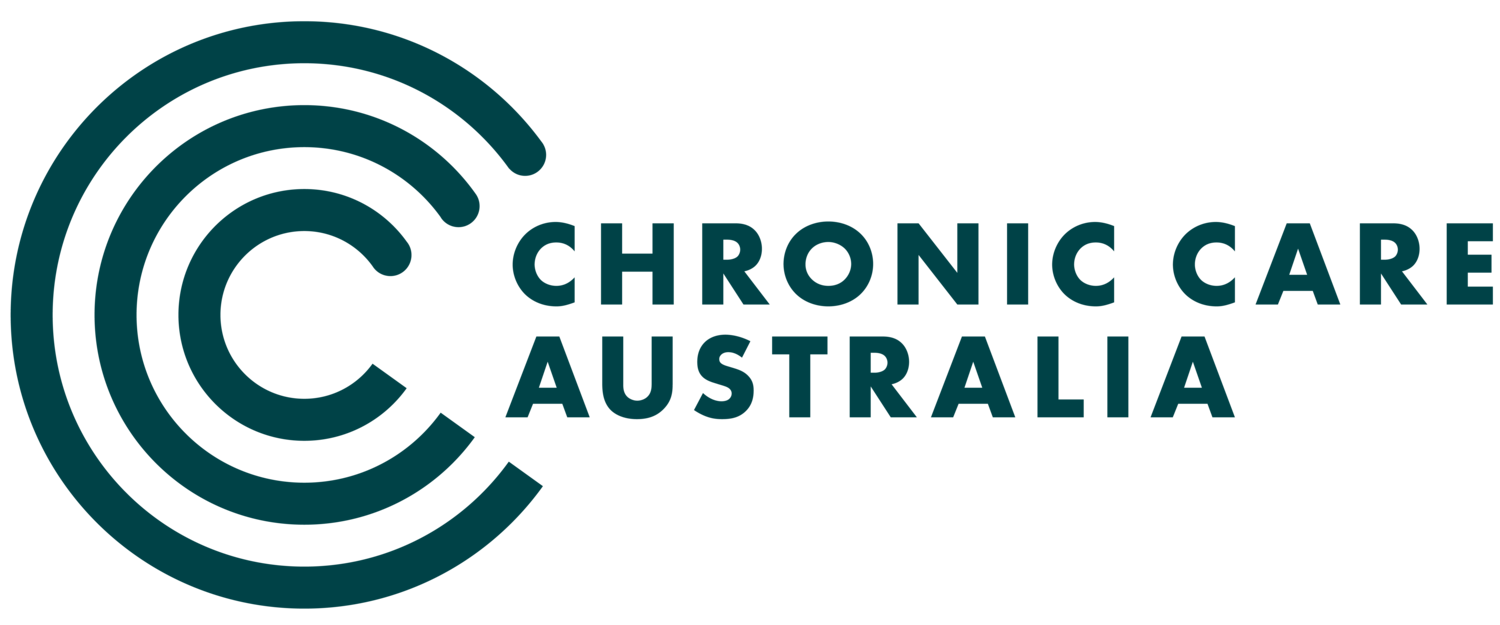Management of chronic conditions during a heatwave.
As temperatures soar, it's crucial to prioritise your health and wellbeing, stay calm, be vigilant and have a plan. In this special article, we focus on health considerations and management of chronic conditions during a heatwave.
Here are some essential tips to help you manage the heat and your health over the coming days:
Drink Plenty of Water: Hydration is key. Keep a reusable water bottle filled with water handy wherever you go, and sip regularly. Caution: If you have advanced heart failure and are on fluid restrictions, contact your GP or specialist to devise a hot day plan.
Check your biomarkers: Blood pressure can drop and or rise depending on your pre existing condition with dehydration. Blood sugar levels, respiratory rate, balance and cognitive function can all be impacted by heat and dehydration.
Heat stress and Heat stroke are serious health considerations: particularly for those managing chronic conditions. Please review the considerations and advise for heat stress and heat stroke symptoms from Healthy WA via this link If you are concerned or have further queries please call Health direct on 1800 022 222. Some additional helpful information from Healthdirect Australia about how to take care of yourself during a heatwave can be accessed here
Stay Cool: Seek out air-conditioned spaces or shady areas to escape the sweltering heat. If you're spending time outdoors, try to schedule activities during the cooler parts of the day. Wear lightweight, breathable clothing, and use hats or umbrellas to shield yourself from direct sunlight. Cooling towels or misting fans can also provide relief.
Hydrating Foods: In addition to drinking water, incorporate hydrating foods into your diet. Enjoy refreshing snacks like watermelon, cucumber, strawberries, and oranges to help keep your body hydrated and nourished.For those managing gastrointestinal conditions or diabetes please discuss the most suitable hydrating foods with your dietician or healthcare provider.
Electrolyte Balance: Replenish electrolytes lost through sweating by consuming electrolyte-rich beverages or snacks. Coconut water, oral rehydration salts, Hydralyte, Gastrolyte etc. can help maintain electrolyte balance and support hydration, especially during periods of prolonged heat exposure. If you have diabetes or a heart condition please speak to your GP about the suitability of electrolytes for you.
Limit Caffeine and Alcohol: While it may be tempting to indulge in cold caffeinated beverages or alcoholic drinks in hot weather, remember that these can have a dehydrating effect on the body. Opt for hydrating alternatives like herbal teas, infused water, or diluted fruit juices instead.
Listen to Your Body: Pay attention to signs of dehydration and atrial fibrillation (AFib) symptoms, such as palpitations, shortness of breath, or chest discomfort. If you experience any of these symptoms, take immediate action and seek medical attention.
Check on Others: Look out for friends, family members, and neighbors, especially those managing chronic health conditions. Offer support and encouragement to stay hydrated, cool, and safe during hot weather.
Reduce activity load: When it comes to exercising, be considerate of how you are sleeping and managing the heat. Indoor, air-conditioned exercise is recommended and modification to focus on mobility, balance and lighter functional strength can be a positive management approach to your weekly routine during a heatwave.
Following these tips can help you manage the current heatwave and support others in your community. Our exercise physiologists and Care co-ordinators will be managing and discussing the importance of the above over the coming week in both our face to face clinic in Cottesloe and in our virtual clinic.
Did you know?
Chronic health conditions like heart disease, high blood pressure, diabetes, cancer, and kidney disease, along with alcohol/substance use, mental illness, and certain disabilities, can increase vulnerability to heat-related problems. Additionally, conditions or medications that impair sweating can heighten the risk of overheating and health complications.
It's crucial to recognise the symptoms of heat-related illness. These may include muscle pain or cramps, dizziness, excessive thirst, headaches, fainting, fatigue, nausea, vomiting, and confusion. Being aware of the symptoms and monitoring your hydration and biomarkers can help reduce the emotional stress and potential impact of this current heatwave on your health. Take care, have a plan and be vigilant and self aware over the coming days.

